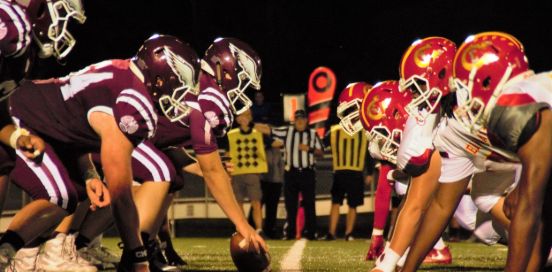Any team sport athlete can tell you that effective communication is vital to the success of any offense or defense. Team players understand their own roles and responsibilities but also need to be able to communicate when they need help, anticipate potential issues, or point out teammates’ blind spots. This is all helpful and productive in the context of shared goals and assuming positive intent. If there is division, selfish motives, or unhealthy players, the team likely will lose.
Communication is defined as “the act of conveying meanings from one entity or group to another through the use of mutually understood signs, symbols, and semiotic rules.” Each couple has to come up with their own mutually understood signs, symbols, and rules. This applies in conflict situations as well as sharing information and feelings. Creating and practicing your own healthy communication “playbook” with your partner can be highly useful for those game time situations that will catch you off guard. As you begin, here are a few helpful pointers:
- Make statements that start with “I” instead of “You.”
- Explain and describe versus accuse
- Be in tuned to your own needs remembering to H.A.L.T if necessary
- Compromise so both parties “win”
- Be open to learning from each other and about each other
- Practice “quick, slow, slow” – Quick to listen, slow to speak and slow to get angry
- Know both you and your partner’s verbal and nonverbal triggers
- Maintain even TVC when talking – tone, volume, and cadence
- Validate, validate, validate!
- Ask for clarification, don’t assume
- Play to your strengths
At the end of the day, remember to affirm good efforts and small victories. Championships are never won in just one game, but through a compilation of daily efforts, practice, re-evaluation, and improving where weakest.






